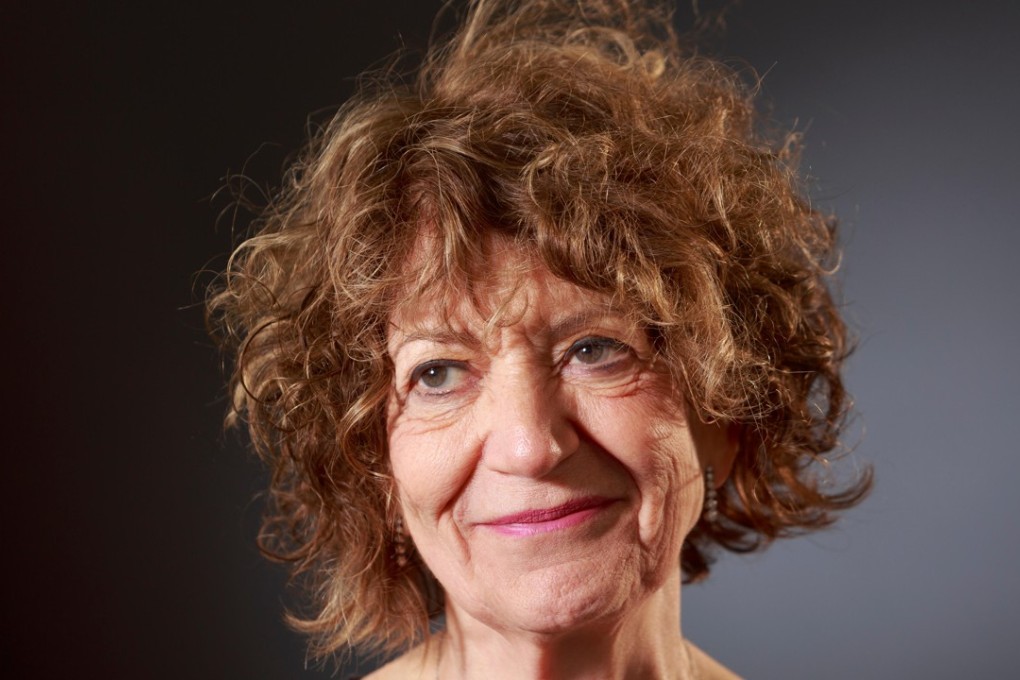Psychotherapist Susie Orbach says 40 years later, fat is still a feminist issue
In town for the Hong Kong Literary Festival, the British psychoanalyst, writer and activist talks about riding the wave of feminism in the 1960s and why she is furious that little has changed since she published her first book in 1978

Another country I was born in 1946 and grew up in a secular Jewish family in Chalk Farm, north London. My mother was a New Yorker and my father was a politician and I had an older brother. I wasn’t like the other schoolgirls because although I was white, our family seemed to have a very different kind of life. We had people around, it was noisy and argumentative – it just wasn’t nice and 1950s English.
Today I live close to where I grew up, but Britain and England has changed so dramatically it feels like another country. My father was a Labour MP. I didn’t see him that much because in those days, parliament sat at night. He was always travelling and giving talks and speeches and busy with social justice. He must have influenced me, but we didn’t have long conversations.
I grew up in an era when parents and children didn’t really talk to each other, which I find just remarkable now. I learned certain ideas just because they were in the atmosphere – I learned that social justice and peace and anti-colonialism were important words. What they meant to me, I didn’t really know. I knew that class was really important and there was something bad about it. I knew there was something bad about racism – but I just knew words rather than being educated about them.
The tribes of youth I went to my little local school, the kind where if you were very able you helped the other kids or went up two classes. When I was seven I went to a fancy school in Edgware, which was an absolute disaster for me because you didn’t go at your own pace and I was very much held back. I remember feeling troubled by the fact that you got scolded for not showing your workings out as opposed to showing your own imagination; you got scolded for everything. That just turned me off and I didn’t start to learn again until I was about 19 or 20.
I studied Russian history at London University, which is now part of University College London. It was 1968 and the moment of fervour among youth. Columbia University (in New York) was on fire, Berkeley (in California) was on fire. I dropped out of university and went to New York. I’d been politically engaged as an undergraduate and in America my life took a different turn.
New York was a noisy, black, Jewish, Latino, Italian culture in those days and I fitted in. There was a huge phenomenon called “youth”, which we didn’t yet have in Britain, which I was drawn to and I was involved with all sorts of political activities
New York was a noisy, black, Jewish, Latino, Italian culture in those days and I fitted in. There was a huge phenomenon called “youth”, which we didn’t yet have in Britain, which I was drawn to and I was involved with all sorts of political activities. You’d go to the park and it would be flooded with youth – there were hippie tribes, more left-wing tribes and civil rights tribes and they were all joined up, but they were different.